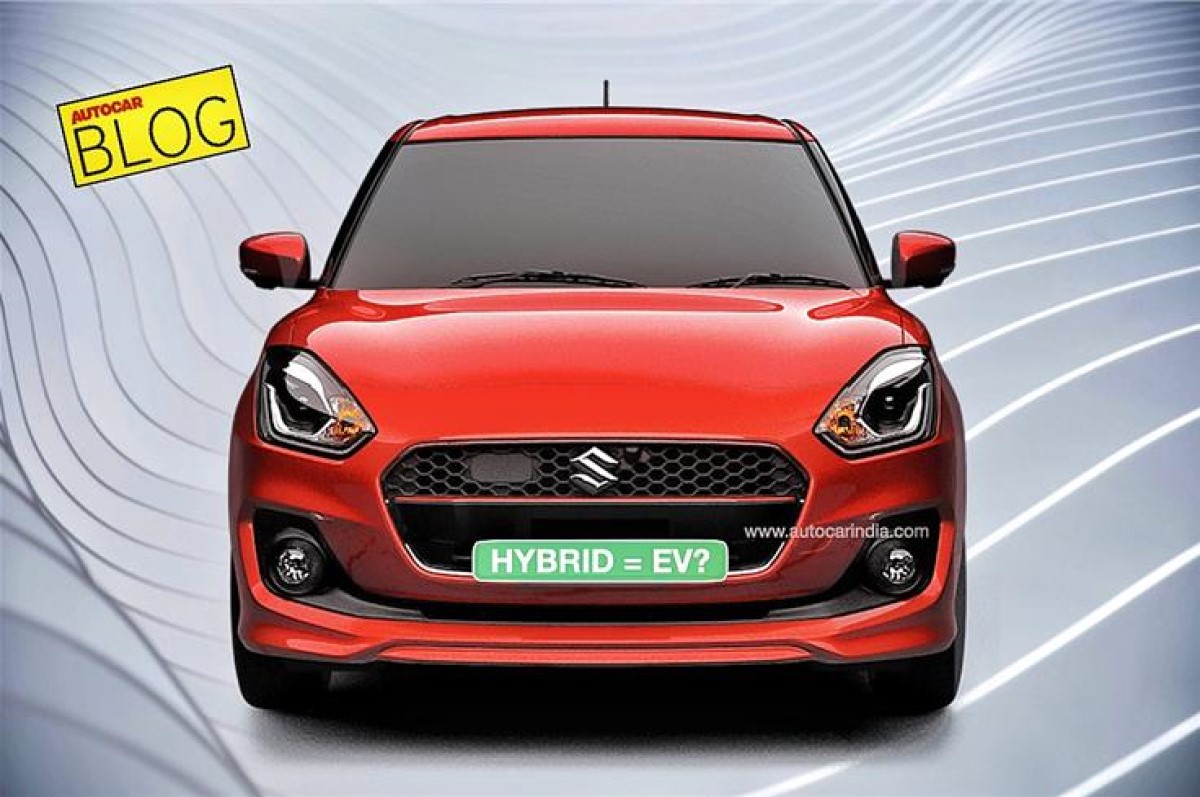
A few days ago we broke the news of Maruti’s plans to introduce its series hybrid technology in India in more affordable offerings like the Fronx, next-gen Baleno and next-gen Swift, among others. And here’s why I think this technology is going to be a game changer in the truest sense.
Series hybrid vehicles, also referred to as range-extenders or self-charging electric vehicles, work in a manner that's similar to an electric vehicle (EV). The battery-powered electric motor directly drives the wheels, with the only difference being that the battery doesn't need to be plugged in; instead the models are fitted with on-board generators to recharge the battery. This generator is run by a petrol engine. A point to note is that its petrol engine never drives the wheels directly.
Where things get really interesting is that according to the Department of Revenue, an EV "that runs solely on electrical energy derived from an external source or from electrical batteries" qualifies under the 5 percent GST bracket.
Further, even the Central Motor Vehicles Rules (CMVR), 1989 (amended in 2002) defines an EV “as a vehicle intended for road use, powered exclusively by an electric motor whose traction energy is supplied exclusively by a traction battery installed in the vehicle".
There’s no mention of tailpipe emissions having been referenced or considered as a factor to define an EV. Which could technically define Maruti’s upcoming range-extenders as EVs, thus qualifying them for the lower GST slab.
This could give these upcoming Marutis a significant price advantage over other ICE cars in the market, including strong-hybrids. Not only are these likely to be incredibly efficient, but their on-board generators will eliminate range-anxiety associated with EVs, which could make this tech ideal for our market, where charging infrastructure remains at a nascent stage. Question is, will Maruti Suzuki be able to reap benefits of this grey area in the rulebook and convince authorities to levy a lower GST rate? We’ll know very soon.
Also see:
Opinion: Buying a new car as an investment
Opinion: Is ADAS suitable for India?
Opinion: Why the Citroen C3 Aircross should be priced aggressively

